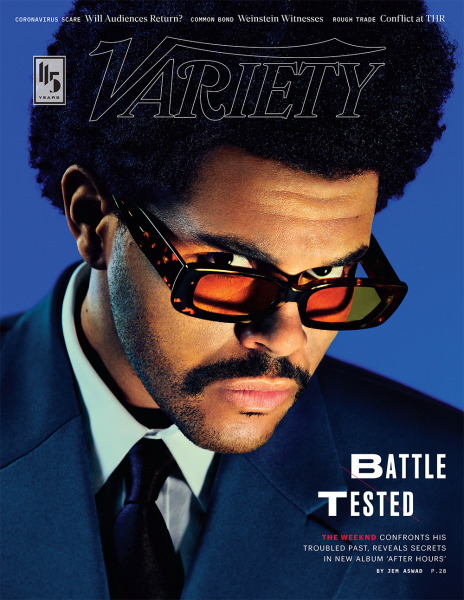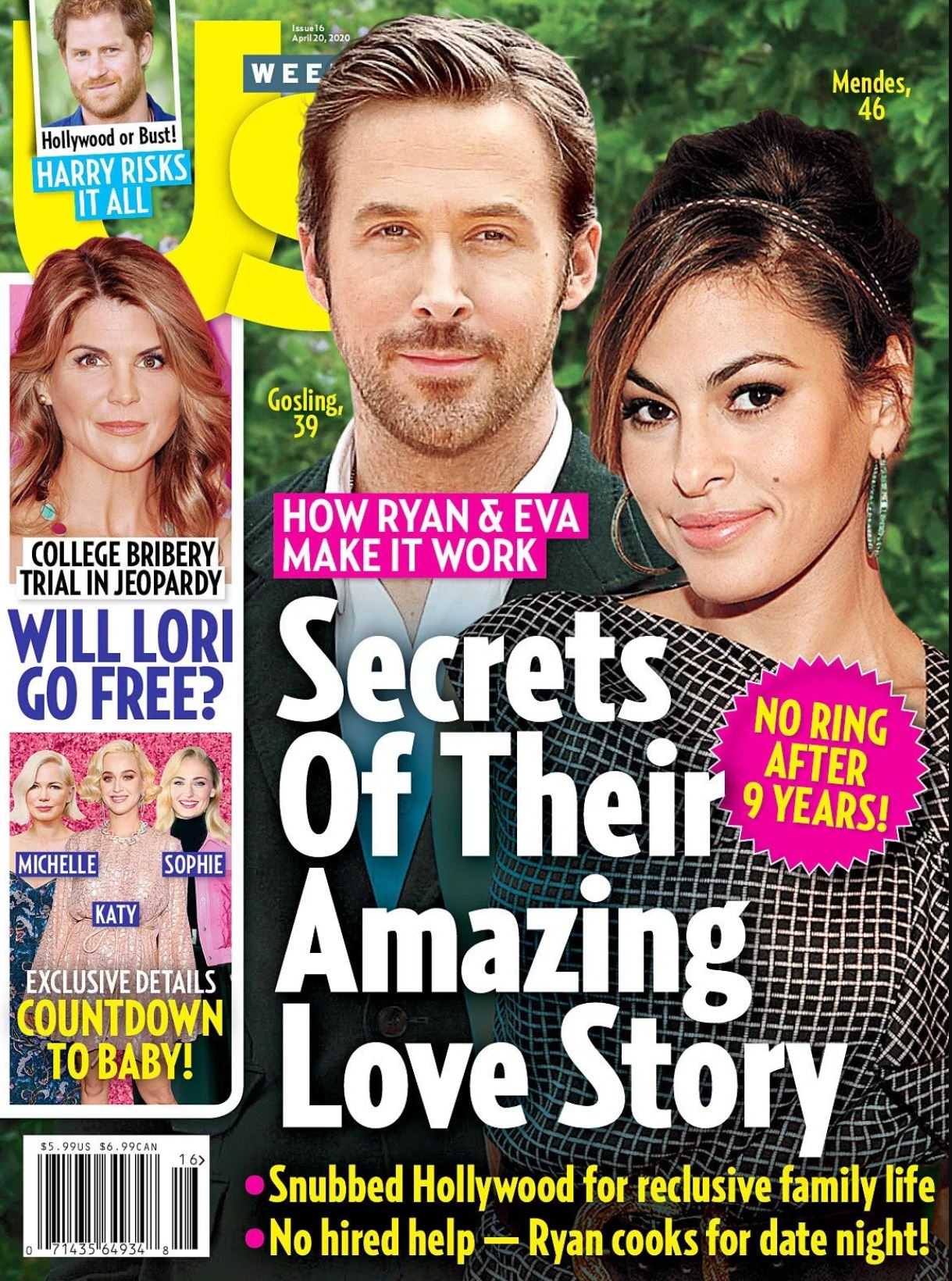The Weeknd’s After Hours Shatters Records



Yesterday, The Weeknd released another (and maybe last?) video for his album After Hours. The video for “Until I Bleed Out”, the last track on the original album, continues with the themes and the visuals of the previous music videos, although it’s unclear whether it picks up the same story.
You know when you’re at a party and you’re absolutely f-cked up? Like when you lie down but the room keeps spinning? That’s what this video is. “Until I Bleed Out” shows Mr. Red Suit’s mind spinning out of control at a party. As confetti falls from the sky, he struggles to get up and we see flashes of what’s going on around him, although Abel doesn’t seem to care. When you’re in that state, there’s nothing you want more than the room to stop spinning, both literally and figuratively.
Whichever way you want to interpret what happens in the AHCU (After Hours Cinematic Universe), in our universe, the album is a huge success. The Weeknd made history this week. According to Pop5 (iHeart Radio’s daily pop news show on Quibi), The Weeknd is the first artist ever to be at the top of all the charts SIMULTANEOUSLY. He’s number one on the Hot 100, Billboard 200, Artist 100, Hot 100 Songwriters, and Hot 100 Producers. If you drill down into the R&B/Hip-Hop charts or look at the Digital Song Sales and On-Demand Streaming charts, The Weeknd is at the top of even more. “Blinding Lights” is also an international success. Although many of The Weeknd’s other singles have peaked at number one in the US and Canada, only “Blinding Lights” has secured that across the board.
At this point, Abel is competing with himself. He already holds several awards and recognitions including Grammys, Billboard Music Awards, and Juno Awards. His last two albums, Starboy and Beauty Behind The Madness are certified platinum multiple times over. He even has two Guinness World Records!
Commercially, After Hours is already crushing it in the two weeks it’s been out. In its first week, it had already sold 444,000 equivalent album units in the U.S.. That week, After Hours set records for the biggest overall sales of 2020 (beating out BTS), the biggest streaming week EVER for an R&B album (at 220.7 million streams), and biggest week for an R&B album since Beyoncé’s Lemonade.
The Weeknd’s success comes despite a global pandemic where traditional marketing and promotional channels are halted, and where many artists have delayed album releases. In an in-depth Variety interview, Abel reveals that was never an option.
““I cut that discussion off right away,” The Weeknd says. “Fans had been waiting for the album, and I felt like I had to deliver it. The commercial success is a blessing, especially because the odds were against me: [Music] streaming is down 10%, stores are closed, people can’t go to concerts, but I didn’t care. I knew how important it was to my fans.””
The profile also dives deep into Abel’s history, his influences, and his work ethic. After Hours is certainly The Weeknd’s most realized album to date, exploring personal, more difficult themes and pairing them with a visually complex set of videos. There’s a lot of good behind-the-scenes stuff here. Like that The Weeknd works so hard that his team calls him “The Machine.” Or that although it was hard for Abel to make an album that revisits his past, it was also a way for him to process it. Or even that to him, ideal collaborations are “a relationship, it’s like a marriage, you’ve gotta build up to it.”
Yesterday, when I originally wrote this article, I was focused on how After Hours’s commercial success, record breaking charting, positive critical reception, and tight visuals were strong indicators of how well the album would perform during awards season. Now, Abel’s decision to release it during a global pandemic might mean that After Hours transcends those achievements. As Variety says, “for better or for worse After Hours will always be associated with this moment.” For many, including Abel himself, music is therapy. It’s how we cope. It helps us get through tough times. After Hours creates a strong emotional connection with fans, and that’s a metric that can’t quite be captured by numbers and statistics.
